Hong Nhung said that when he first started his career, in a hot residential area in Ho Chi Minh City, Trinh Cong Son exchanged his painting for an air conditioner to give her.
Hong Nhung recounts the memory of Trinh Cong Son exchanging a painting for an air conditioner as a gift for her. Video: Mai Nhat
The singer first shared memories of the musician's 85th birthday on the evening of February 28. In 1991, she moved from Hanoi to Ho Chi Minh City to pursue singing. The singer lived with her father - translator Le Van Vien - in a house in Van Thanh area, Binh Thanh. The space was so hot that many days, the father and daughter had to pour water on the marble floor to cool down. Listening to Hong Nhung's complaints, the musician asked about the area of the room and estimated the capacity of the air conditioner.
One day, she heard the musician's excited voice announce over the phone: "Hong Nhung, the air conditioner is coming, someone is installing it right away." When asked, the singer learned that the musician had previously invited a gallery owner to buy his painting, and the reward was a "two-horsepower" air conditioner. "Musicians usually have no idea about money, so they rarely do business, they only know how to exchange paintings for an air conditioner to give me. At that time, a machine like that was incredibly valuable," she recalled.
Hong Nhung said that when he was alive, Trinh Cong Son was innocent like a child. He liked small things, from rare lighters to new shirts. He often hunted for unique gifts to give to people. Once, he called her, eagerly showing off "this is a really cool thing from Singapore". When they met, the musician took out a toothbrush with a strange design, a red handle and black bristles. "That's the childish, adorable side of him. Sometimes, others find it unimportant, but to him it's cute and valuable," she said.
Thanks to Trinh Cong Son, Hong Nhung learned how to enjoy life from aesthetic angles. The musician liked people who wrote beautifully, and often complimented her on her neat handwriting. "People often say I'm too fussy, but I accept that fussiness so that it can always be beautiful, at least in my eyes. Like Mr. Son," Hong Nhung said.
According to Hong Nhung, many people thought the musician was difficult, but in fact he lived a generous and easygoing life. Once, when she and he went to a restaurant, an amateur singer sang all the wrong lyrics to Trinh's music. After she finished singing, he called her down and said softly, "You sang very well." Trinh Cong Son never found fault with singing the wrong lyrics or notes because he believed that it was a precious thing for someone else to sing his music.
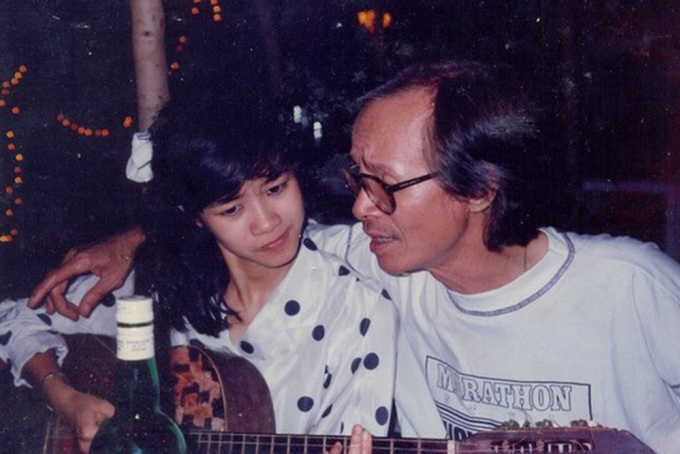
Hong Nhung sang with Trinh Cong Son in the early days. Photo archive
For the singer, the collection of three songs he wrote for her - Bong Bong oi, Bong khong la bong, Thuo bong la nguoi - is the musical legacy she will carry with her for the rest of her life. In 1993, after a fight, she returned to the capital without informing him. After a long time without seeing Hong Nhung, the musician called the singer's close friend and was told that "Bong" had gone to Hanoi. That was the first time he heard of the nickname "Bong", which was her nickname at home.
The musician sat down at the table to write the song Bong Bong Oi , and asked a friend to bring it to Hong Nhung's house. The singer opened the folded paper with a musical frame drawn on it: "Golden sunshine, where are you going in such a hurry? / In such a hurry, golden sunshine, oh golden sunshine". "He compared me to golden sunshine, because he loved the beauty of the sunshine. The sunshine is so beautiful, but it is impossible to grasp, you can only admire it", the singer said.
On his birthday, the singer introduced the digital version of the LP Who is Bong , which includes Trinh songs sung in the blue jazz style. When she first performed Trinh music, Hong Nhung faced a lot of criticism from the public, but he defended her, saying that the singer represented the breath of the new generation. Once, when he heard her humming the song Con Mai Tim Nhau in a jazz rhythm, he praised her and encouraged her to make an album with this genre.
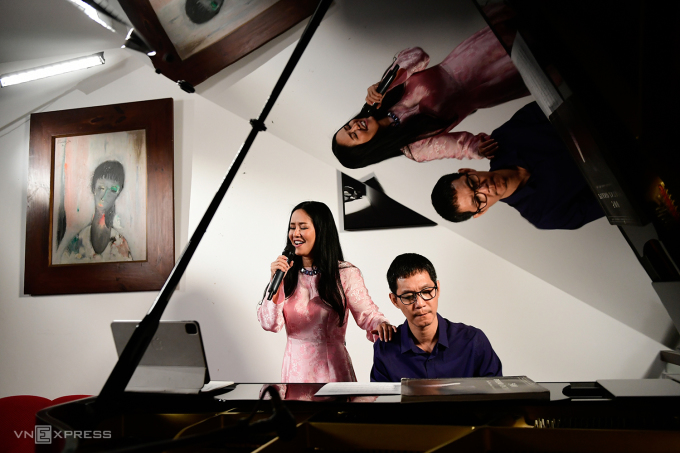
Hong Nhung sings with musician Hoai Sa at her home, in the room where there is a painting Trinh Cong Son painted for her. Photo: Thanh Tung
The idea was abandoned until 2021, when Hong Nhung was stuck in France due to Covid-19. Meeting some compatible collaborators such as producer Jean-Sébastien Simonoviez (France), guitarist Nguyen Le (France), drummer Joël Allouche (Algeria), she was determined to make an album, remixing classic Trinh songs: Ru ta ngam ngui, Nhu canh vac bay, Cuoi cuoi cho mot tinh yeu .
Hong Nhung sings "Finally for a love" (Trinh Cong Son) at her home, evening of February 28. Video: Mai Nhat
Musician Trinh Cong Son was born in 1939 in Dak Lak and passed away on April 1, 2001. He left behind more than 600 songs, of which about 236 were popular. Trinh's music is imbued with philosophy, humanity, sincerity, and passion, with great love for the people and homeland of Vietnam and praise for peace. Many names are associated with his music such as: Khanh Ly, Tuan Ngoc, Hong Nhung, Cam Van, Hong Hanh, Quang Dung, of which Khanh Ly is an iconic voice.
Hong Nhung's full name is Le Hong Nhung, 54 years old. She has been singing since the 1980s and has been successful with songs by Trinh Cong Son, Duong Thu, Tran Tien, Phu Quang, Quoc Trung, and Thanh Tung. Hong Nhung's typical albums are Doan khuc thu Ha Noi (1997), Bai hat ru cho anh (1998), Ngay khong mua (2002), Thuo Bong la nguoi (2003), Khu vuon yen tinh (2004). At the end of 2017, she reunited with the audience with the album about Hanoi Pho a pho oi. In 2020, the singer released the CD Tuoi tho toi - an album of popular children's songs such as Ngay dau dau hoc, Chu frog con, Dem sao.
Japanese Plum
Source link


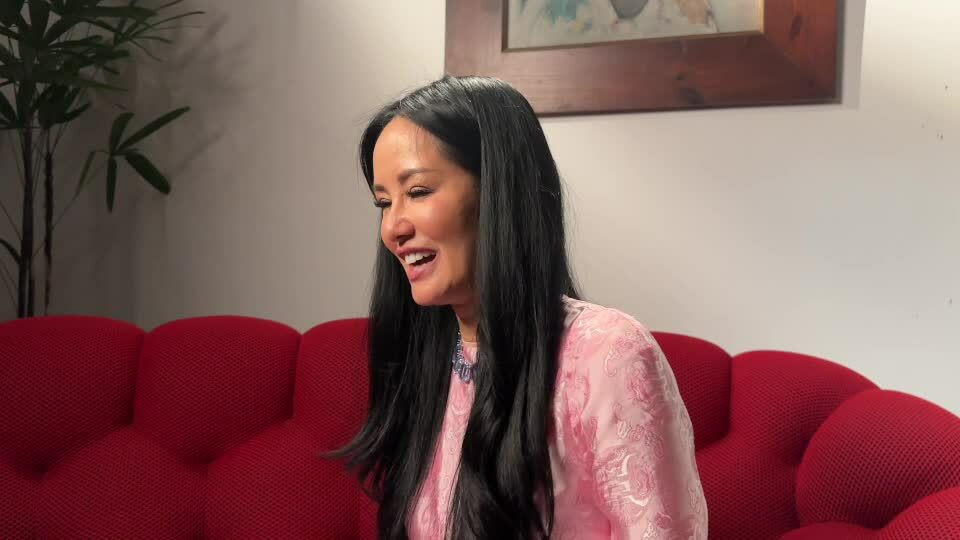
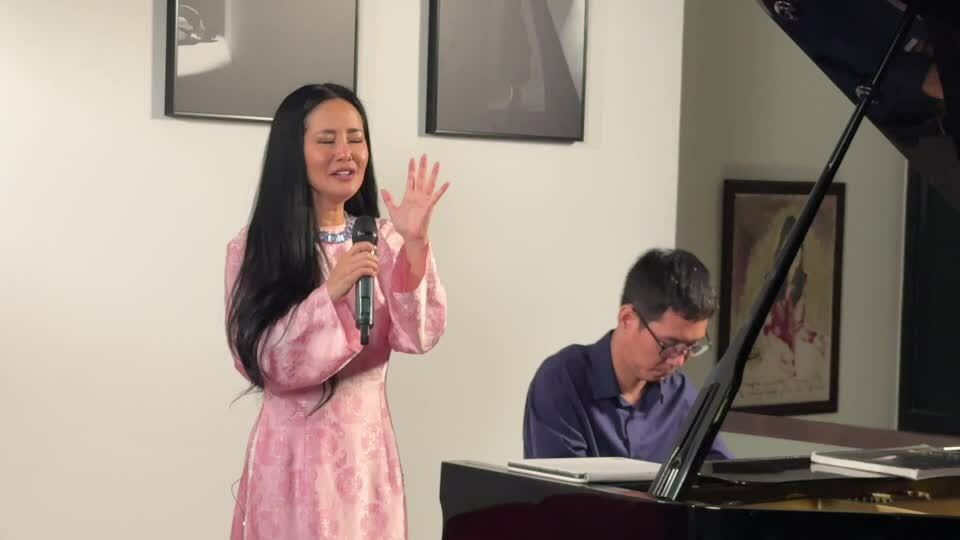
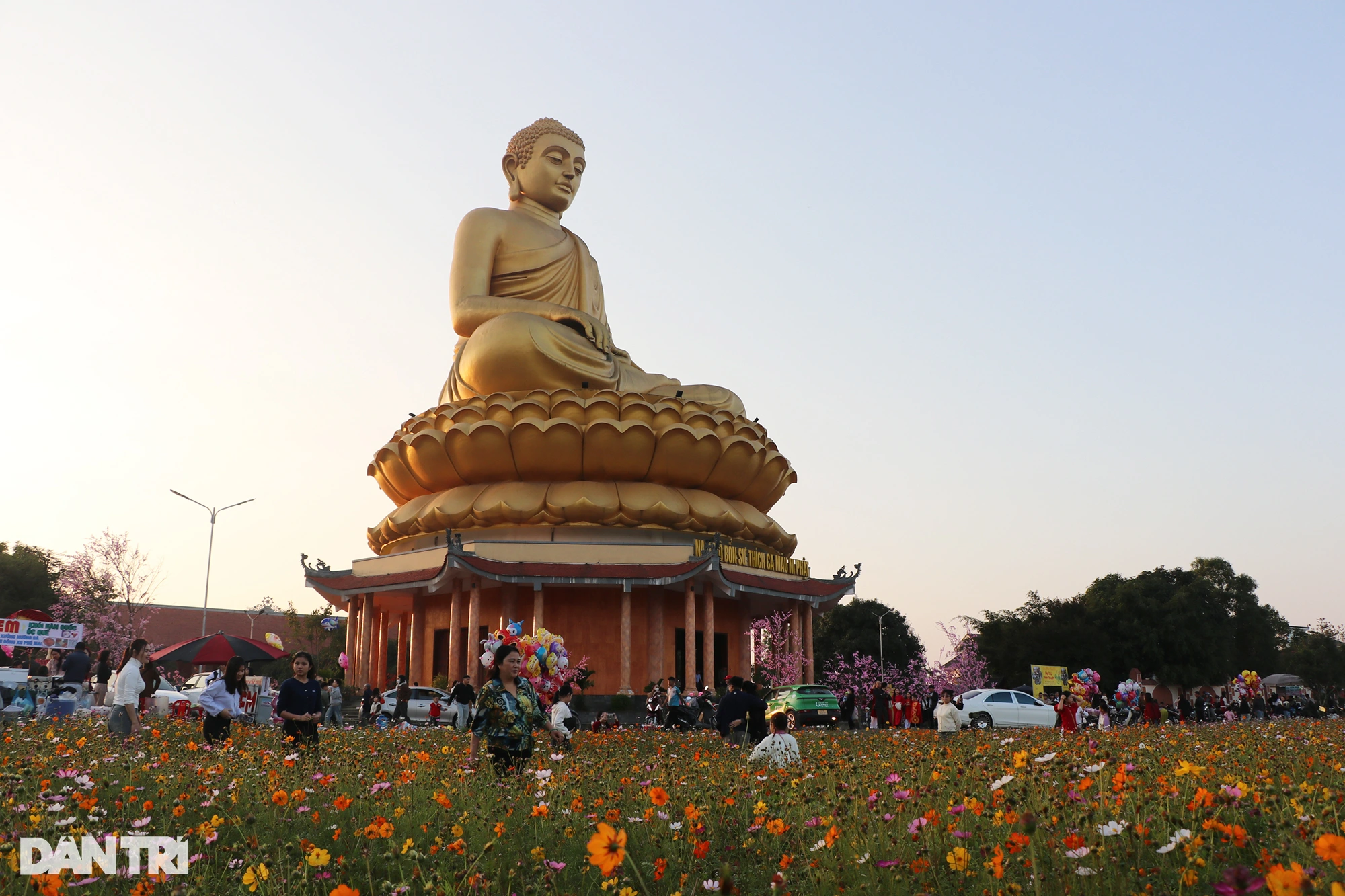



















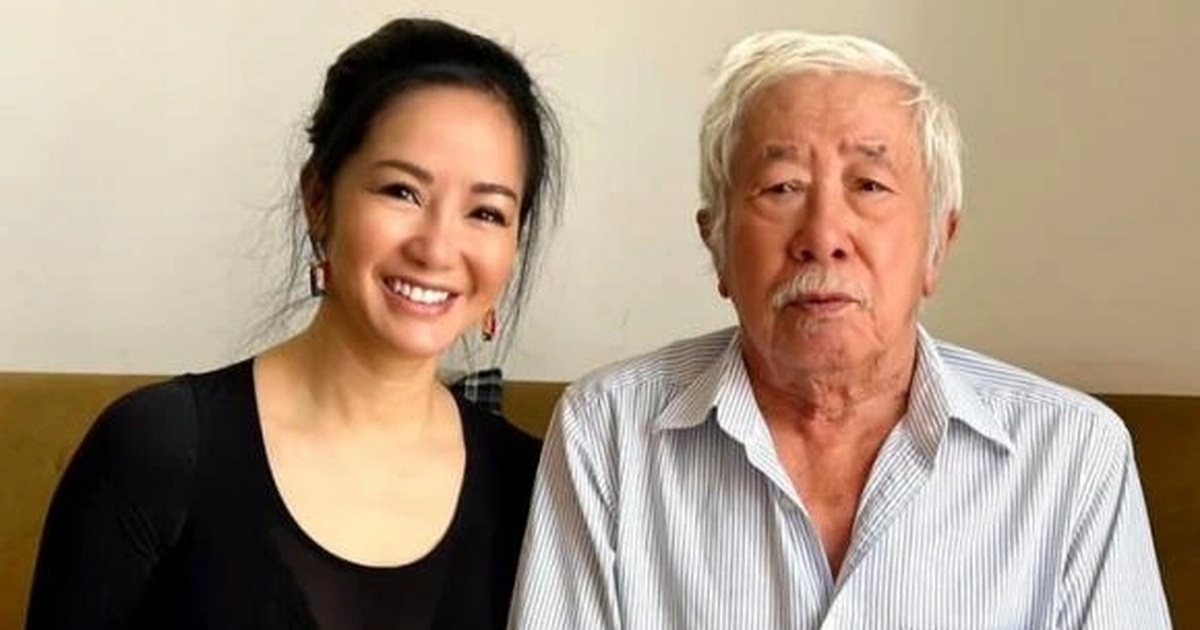

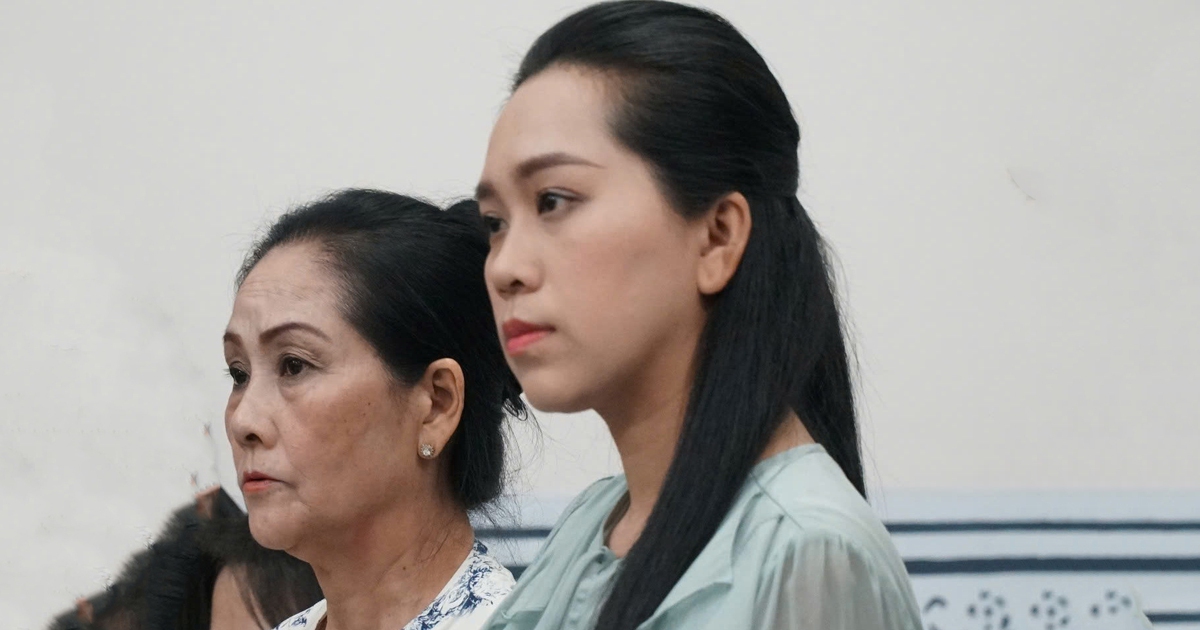




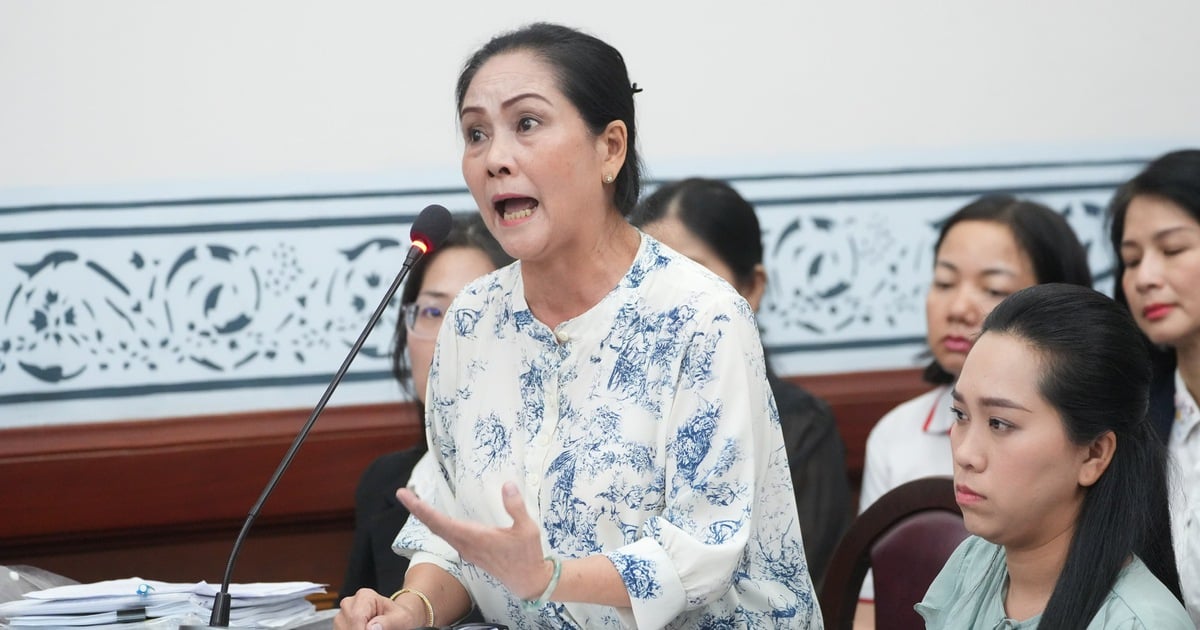





























Comment (0)